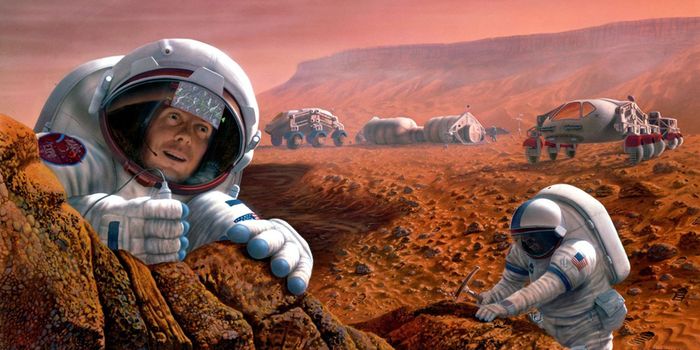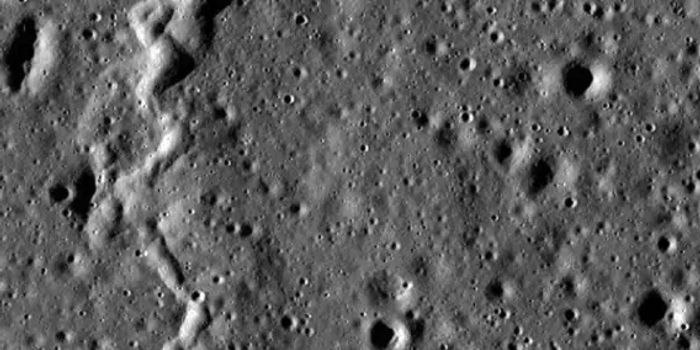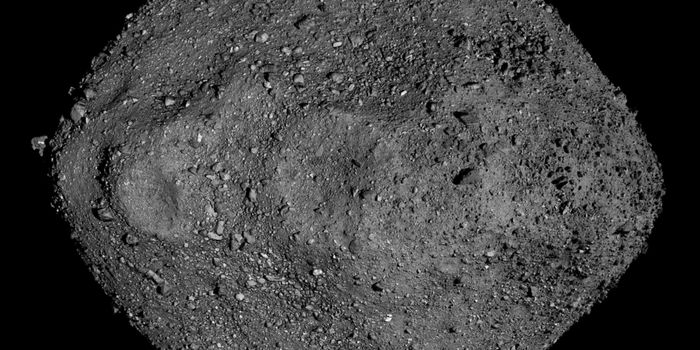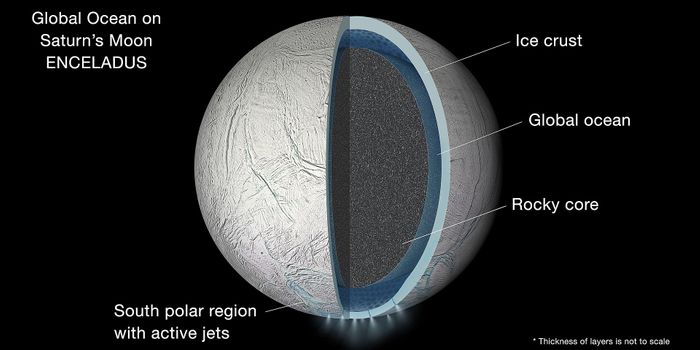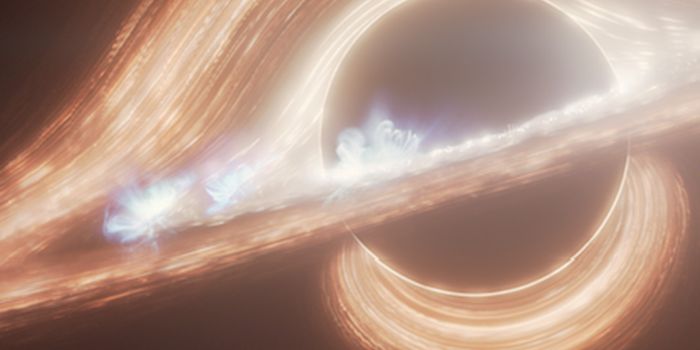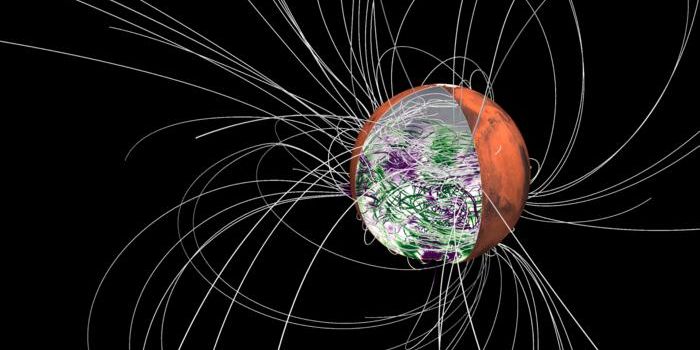Spaceflight Seems to Raise Levels of Circulating Cell-Free Mitochondrial DNA
Spaceflight is being marketed as a tourist opportunity for exorbitantly wealthy people, and lengthy space missions that could take astronauts to Mars are being planned. Researcher Jamila Siamwala was a part of NASA's Twins Study, which assessed the impact of spaceflight on astronaut Scott Kelly, who spent a year in space. His physiology was compared to that of his astronaut twin Mark Kelly, who remained on Earth during that time. Siamwala suggested that before we start ramping up commercial spaceflight efforts or embarking on other extreme endeavors in space, like manufacturing, we have to learn more about the potential impact of spaceflight on human health.
A small study reported in the Journal of the American Heart Association has now investigated that question by studying blood samples that were taken from a group of astronauts. These samples were collected between 1998 and 2001 from fourteen NASA astronauts who were aboard the International Space Station for periods ranging from five to thirteen days. The researchers were able assess the levels of molecules called cell-free mitochondrial DNA in those samples.
Mitochondria are crucial organelles that generate power and perform some other functions in cells. They carry their own tiny genome and can even produce their own proteins. Research has shown that this mitochondrial DNA can end up in circulation. That so-called cell-free mitochondrial DNA (cf‐mtDNA) has also been found to have an association with several human diseases.
In NASA's Twin Study, it was found that there was an increase in the level of circulating cf‐mtDNA after Kelly's prolonged space flight compared to his Earth-based twin.
This research has confirmed that finding; after the astronauts had returned to Earth, the levels of cf‐mtDNA in the blood had increased in all of the astronauts. Those levels continued to increase in the three days following their return. However, the degree of that increase was incredibly variable from one astronaut to another, ranging from a two- to 355‐fold increase in cf-mtDNA. This cf-mtDNA may be driving inflammation, suggested senior study author Dr. David Goukassian.
An additional analysis of the white blood cells in those blood samples revealed that markers of inflammation, oxidative stress, and DNA damage were all increased in the astronauts too.
"It's a vicious circle: Radiation may induce DNA damage, which may induce oxidative stress, which leads to inflammation, which can lead to DNA damage," said Goukassian, a professor of cardiology at the Icahn School of Medicine at Mount Sinai in New York City.
Sources: American Heart Association, Journal of the American Heart Association


